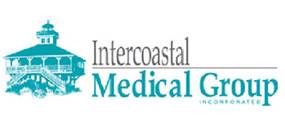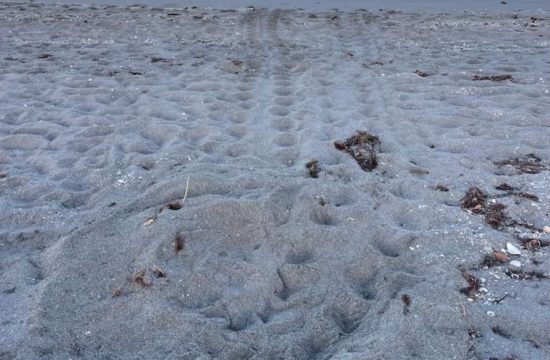By Stephannie Kettle, Mote Marine Laboratory
During fall 2018, Florida red tide—a harmful bloom of Karenia brevis algae—intensified to a level that many marine animals could not survive. Of special concern was the impact on spawning female snook. If snook females full of eggs were dying, what would that mean for future generations? What did that mean for recreational fishing? What could be done to help?
Common snook, Centropomus undecimalis, is a highly sought after sportfish, known for its impressive size and exhilarating fight. State regulations do not allow commercial harvest or sale of snook, so to enjoy a tasty snook meal you have to catch it yourself. Snook occupy diverse near-shore habitats and don’t tolerate cold very well. All these factors combine to make snook fishing in southwest Florida an attraction for local and visiting anglers alike, contributing to Florida’s multi-billion-dollar, recreational fishing economy.
Snook are also important pieces of the puzzle in a properly balanced ecosystem, serving as both predators and prey. It’s no wonder that communities were seriously concerned by the sight of spawning female snook dying off during the bloom of Florida red tide—dying off with them were eggs that represented future generations.
In September 2018, three fish-friendly organizations joined forces to help snook rebound. Mote Marine Laboratory, Coastal Conservation Association of Florida (CCA), and the Florida Fish and Wildlife Conservation Commission (FWC) banded together to launch the Adopt-A-Snook program, a coordinated fundraising and stock enhancement effort to place more than 5,000 juvenile snook back into upstream habitats that would contribute to areas hit hard by red tide, notably Lemon Bay and Charlotte Harbor. This effort would cost nearly $200,000, with anglers and businesses supporting the effort by “adopting” their very own snook to be released. Releases took place at two sites in May, June and July 2019.
At Mote, the Adopt-A-Snook spawning and restoration program was coordinated by Staff Scientist Dr. Ryan Schloesser from the Fisheries Ecology & Enhancement Research Program. Snook were spawned and raised prior to release at Mote Aquaculture Research Park (MAP) in east Sarasota County in 100% recirculating systems (recycling all their salt water). Mote Senior Scientist Dr. Kevan Main has refined and championed the use of these systems. When recirculating aquaculture is optimized through research, it is an important, sustainable technology for both seafood production and fisheries enhancement.
Getting 5,000-plus snook ready for release in response to a mass mortality event doesn’t happen overnight. Check out the months of preparation and the years of Mote research behind this effort. Mote.org













